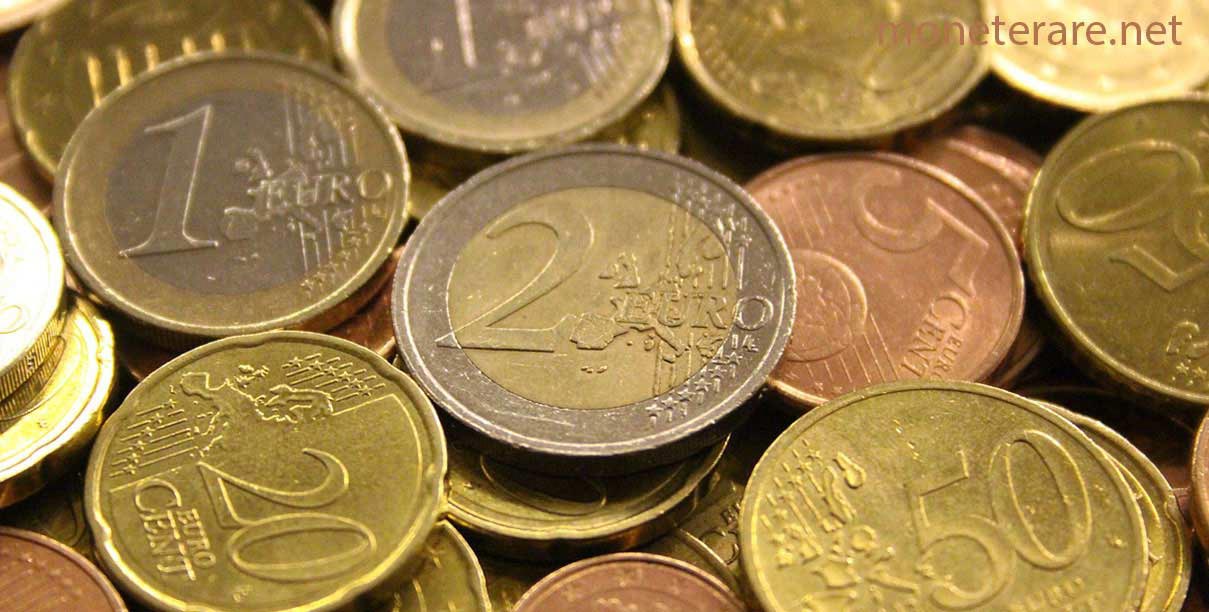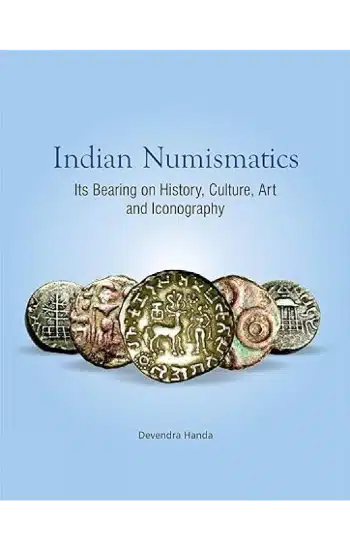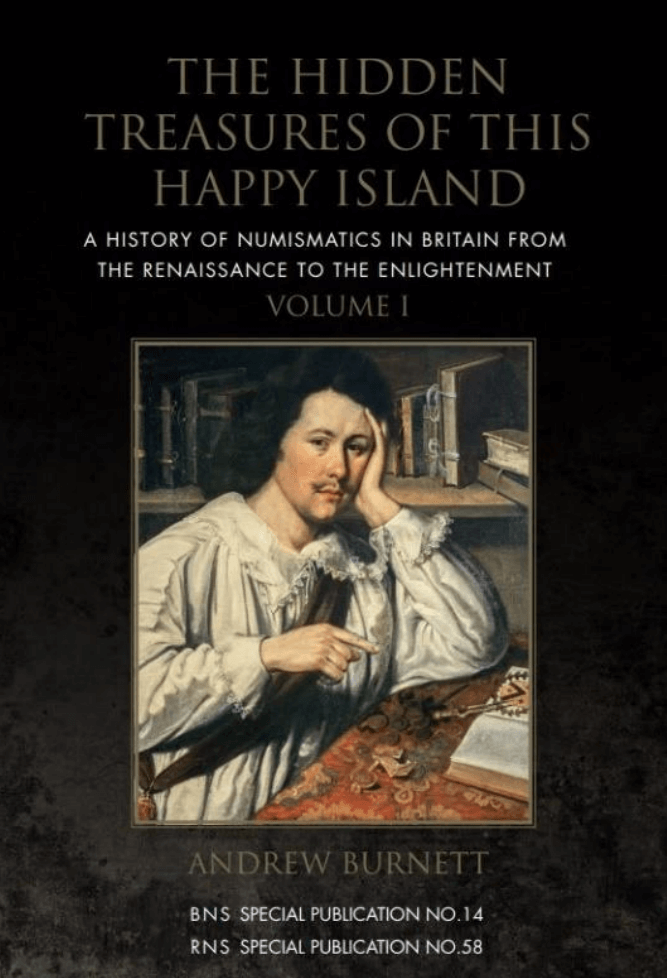Best Suggestions To Choosing Commemorative Coins And Banknote Society
Best Suggestions To Choosing Commemorative Coins And Banknote Society
Blog Article
How Do I Use A Numismatics Database To Work With Museums?
Here's a well-organized method: Here's how to do it: There are a variety of museums databases like the ones offered by the British Museum or the Smithsonian Institution. Or, you could use online platforms that specialize in artifacts, museum collections, and other objects.
Define Research Focus: Specify your research objectives. You may be interested in collection of numismatics in specific museums or coin exhibits, academic publications on numismatics, or historical and cultural contexts for numismatic displays. Clarify your goals to help guide your investigation.
Search Strategy: Choose search terms that relate to both museums and numismatics, such as "numismatic collection,"" "coin exhibitions," "museum catalog," and include specific museum names or geographical locations, if applicable. It is possible to use advanced search options to filter the results by date or collection type.
Data Collection: Access detailed information about the numismatic artifacts in museums including images of provenance, significance to history, and detailed descriptions. Explore digital catalogs of coins organized by time period, civilisation or thematic.
Analyze your data to better understand the significance and significance of collection of numismatics in museums. Analyze how museums curate and interpret coins within larger cultural and historical narratives. Find out how different numismatic museums display material, making use of educational frameworks as well as strategies to interpret.
Cross-Referencing: Check your research findings by cross-referencing data through multiple databases of museums or scholarly sources. This will ensure the accuracy and completeness of your research. Additionally, you will get a better understanding of numismatics when used in museums.
Documentation: Document your findings thoroughly including citations to sources and noting methodologies used. Take note of the information in the databases you accessed and the search terms you used, and how each resource connects to your research.
Keep up to date: The numismatic and museum collections are always evolving. Check databases regularly for new exhibits, acquisitions, or publications that may enrich your research.
Following these steps will allow you to use databases effectively in order to explore the interplay between numismatics and museums. This method allows for thorough investigation of the presentation, interpretation, and scholarly exploration of coins in museum settings and provides insight into their historical, cultural and educational significance. View the best coin die for more recommendations including banknote expo, legal tender, mint condition, coin collecting, mint, rare banknotes, currency exhibition, banknote certification, banknote artist, euro and more.
How Do I Find Numismatics For Shows And Exhibitions Events Using An Online Database?
To conduct research on numismatics, it is crucial to use databases that hold information on exhibitions, show, conferences as well as other events. Here's a method to conduct this research: Database Choice: Pick databases that specialize in numismatic events and exhibitions. For example, websites of major numismatic societies like the American Numismatic Association(ANA) websites, online platforms that provide information on the activities of numismatic museums around the world, or exhibition archives.
Define Research Focus: Specify your research objectives. Are you interested in exploring upcoming numismatic and past exhibitions? What about conferences focused on Numismatics? Regional coin shows? Thematic shows or educational activities. Define your objectives to you in your search.
Search Strategy: Use keywords such as "numismatic exhibitions," "coin exhibitions," and "numismatic events" to locate appropriate results. Include the event's name, location, or themes should you want to. Use advanced search to filter results based on dates and event kind (such a exhibitions or conferences) and geographic region.
Data Collection: Access data from past and current numismatic exhibits and events. Data collection: Gather information on dates, locations, organizers, thematic or other collections highlighted in the exhibit, or by a participating exhibitor, as well as related catalogs or publications. Locate databases that offer a virtual tour or digital access of exhibition materials.
Review the data to identify the educational purposes themes, trends, and goals of numismatic events and exhibitions. Evaluate how different exhibitions, shows and collections aid in public understanding of numismatics.
Cross-Referencing Check your findings by using information from different database databases, listings of events or official websites. This ensures the accuracy and completeness of your research. It also provides an overview of all the numismatic exhibits that are being held.
Documentation - Document your findings in a systematic way including the sources you used and highlighting the methods used. Note the database's names as well as the search terms and relevancy of each source in relation to your research.
Keep updated. Numismatic activities change regularly and are constantly updated with new conferences, shows and exhibitions. To get the most recent information about upcoming events, look out for announcements from numismatic associations such as event organizers, specific databases.
These steps will enable you to use databases effectively to research numismatics related to shows and exhibitions. This will allow you to discover the variety, educational benefits, and scholarly contributions that numismatic shows worldwide make. See the top rated go to the website about banknote appraisal for website examples including coin mintmark, rare coins, coin catalog, half-dollar, coin production, half-dollar, lira, coin errors, treasury, peso and more.
How Do I Utilize An Online Database To Look Up Numismatics Regarding Auction Houses?
For conducting numismatics research in relation to auction houses, you'll require databases that have auction records, sales histories and the experience of auction experts. This is a methodical way to conduct such research: Database Selection Choose databases that are specialized in auction house catalogs as well as historical sales records. Examples of online auction platforms include Heritage Auctions (Stack's Bowers Galleries) websites for auction houses and numismatic databases that store auction results.
Define Research Focus: Specify your research objectives. Are you seeking to find out about the value of certain coins, the latest trends in numismatics, or the influence auction houses have on market prices or are you curious about the importance that auctions have in numismatic academic study? Clarify the focus of your research.
Search Strategy: Include keywords like "numismatic" auctions, "auction catalogs", "coin results" and auction houses with specific names or geographical regions as applicable. Advanced search options allow you to search by date coins, auction types, categories of coins (such as ancient, modern or paper currency), auction house specialists and much more.
Data collection: Look through auction catalogs as well as records of sales. Collect information about auction dates, lots description and condition reports for coin images and prices realized. Explore databases that have archived auction results and catalogs for detailed analysis.
Examine the data and comprehend the trends and patterns of numismatic collection. Evaluation: Assess the value achieved in rare coins. Examine the historical patterns of auctions. And the impact of auction experience on attribution and valuation.
Cross-Referencing - Verify your findings using information from auction house databases, books on numismatics and auction archives. This allows you to complete a thorough and precise study. You will also be able to see the role auction houses play in numismatics.
Documentation. Record your findings by noting sources utilized, as well as the method you employed. Provide a detailed description of the databases you have accessed, your keywords, and how each resource relates to your questions.
Stay up-to-date: Numismatics auctions are dynamic and constantly creating new records for sales. It is possible to stay current by reading the latest updates from auction houses, numismatic societies, and auction databases.
By following these guidelines, you will be able to effectively use databases to explore numismatics in relation to auction houses. This method allows for a detailed investigation of market dynamics, historic sales records and the knowledge and experience of auction specialists who shape the landscape of numismatic collections. Have a look at the recommended your input here for banknote auction for more examples including coin value, half-dollar, numismatic value, banknote design, coin society, banknote rarity, coin blank, banknote rarity, banknote catalog, silver coins and more.
What Can I Do To Find Out More Information About Numismatics Through Online Forums And Communities Using A Numismatics Database?
Researching numismatics with regards to forums online and communities entails making use of platforms that let collectors, enthusiasts, and experts communicate with each other as they discuss current trends and showcase collections. This is a method that can be structured to carry out this research. Examples include forums like CoinTalk as well as Reddit's R/Coins. You can also find groups that specialize in numismatics on social media websites like Facebook or LinkedIn.
Define Research Focus: Specify your research objectives. Are you looking to understand the latest trends in collecting? Or do you want to talk about certain coins and historical periods, or solicit advice regarding authentication and grade. Make clear your objectives to help you narrow your search.
Search Strategy: Use keywords related to the topic you are interested in, such as "numismatic forum,"" "coin collecting community,"" "online discussions on the subject of numismatics" and keywords related to specific topics, (ancient coins or contemporary coins) or keywords that relate to the topic of your study. Use search functions within each platform to find relevant discussions.
Data Collection: Access discussions, threads and posts in the online communities. Find out more about collecting strategies and coin identification tips as well as market trends as well as personal experiences with numismatic discovery, and discussions of historical or cultural aspects.
Examine the data to understand opinions, expertise and experiences that are shared by members of online communities. Evaluation: Evaluate the reliability of the information based on expertise of authors, the agreement among members regarding specific topics as well as the quality of the discussions.
Cross-Referencing. It is possible to verify your findings by comparing the data from multiple forums. Compare insights to gain a broad perspective on collecting patterns, market trends or experts from the Numismatics community.
Documentation: Documenting your findings is essential. Note specific threads, discussion issues, and contributors as necessary. Note key trends, insights and views that are discussed in the forums and communities on the internet.
Stay engaged: Participate actively in discussions, ask questions and contribute to discussions to gain more insights and establish connections with the numismatic community. Keep up-to-date by reading new threads, commenting on them, and making announcements.
Online forums can be used to research numismatics by following these easy steps. This technique lets you tap into the wisdom and experience of a variety of specialists and collectors, giving valuable insights and opinions on various aspects of collecting coins, identifying them, and understanding their value. Read the most popular currency exhibition for more recommendations including rare coins, banknote catalog, coin blank, banknote show, mint, uncirculated, coin die, copyright, yen, banknote display and more.
How Can I Use Numismatics To Find Out About Networking Opportunities?
For conducting research on numismatics in relation to networking possibilities, it's important to utilize databases and platforms. They facilitate communication between collectors and dealers, scholars and enthusiasts, throughout the world of numismatics. Here's a method to conduct this numismatic study: Databases and Platforms: Select databases that are focused on numismatic networks. Examples of these include numismatic sites, online discussion forums (such CoinTalk, Reddit’s Coins) as well as social media (such Facebook and LinkedIn) groups, or professional social networking platforms.
Define Research Focus : Specify networking goals. Do you want to connect with collectors and share knowledge and engage dealers in order to acquire or sell items, work with researchers for research projects or be a part of numismatic conferences and events? Clarify what you are looking for to narrow down your search.
Search Strategy: Use keywords like "numismatic network", "coin collectors forum", "numismatic social networks" and also geographic regions when appropriate. Use search functionality within platforms to locate relevant groups, forums and events.
Data Collection: Gather details about the networking opportunities available within the numismatics community. Specifics such as group descriptions and benefits of membership, such as access to discussion forums and events, are important. Also, upcoming events like auctions, conventions or shows should be mentioned, as well as profiles of important individuals.
Analysis: Analyze the data to determine relevant networking channels and opportunities. Analyze the levels of engagement in forums and group, the diversity (collectors/dealers/scholars) and frequency and quality of discussions as well as the potential for collaborations.
Cross-Reference Information: Verify the information you discover by cross-referencing data from multiple websites, social media groups professional networking platforms and websites of society for numismatics. This will allow you to discover an extensive network of opportunities across different regions and platforms.
Engagement: Participate actively in selected networks by engaging in discussions, sharing your insights or asking questions and sharing your knowledge. Establish connections with fellow dealers, collectors and scholars in order to increase your network and share valuable numismatic knowledge.
Documentation. Record your networking activities by capturing the networks, groups, events, and contacts you have made. Track the opportunities you pursue and the results from your efforts to network.
These steps will help you investigate numismatics as an opportunity to build a network. This approach allows you to enhance your professional or personal network in the world of numismatics by helping collaborations and knowledge exchange and participation in numismatic-related events. View the best web site for dime for website examples including collector, treasury, proof coins, obsolete currency, banknote display, coin value, rupee, currency exchange, platinum, coin pressing and more.